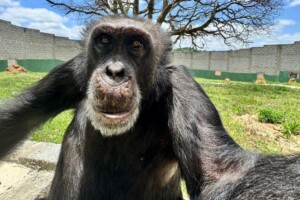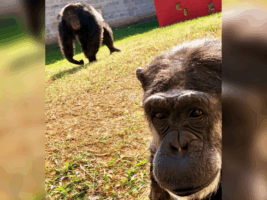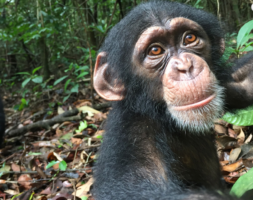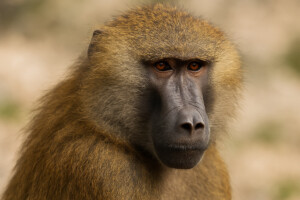News
posted in
09
Feb
2026
Bonobos are capable of pretend play, just like human children

posted in
04
Feb
2026
New chimpanzee welfare finding is made in Brazil

posted in
09
Nov
2025
The social integration process of #chimpYoko has advanced!

Residents' Stories Yoko
Read more
posted in
04
Nov
2025
Chimpanzees change their minds based on evidence, demonstrating, like us, rational thinking

posted in
18
Oct
2025
The Wound of Forgetfulness

posted in
01
Oct
2025
Rest in Peace, Dr. Jane Goodall (1934-2025)

posted in
10
Sep
2025
Overcoming difficulties

Residents' Stories Jeber
Read more
posted in
08
Sep
2025
Companionship that heals

Residents' Stories Caco
Read more
posted in
15
Aug
2025
Sierra Leone chimp refuge shuts doors to tourists to protest deforestation

posted in
04
Aug
2025
Europe: GAP Spain denounces the killing of 12 baboons at the Nuremberg zoo and demands an end to captive breeding

posted in
18
Jul
2025
Cecília and her new partner, Rakker

Residents' Stories Cecília (Argentina)
Read more
posted in
05
May
2025
Challenges Foreseen for Yoko’s Socialization

Residents' Stories Yoko
Read more
posted in
25
Apr
2025
Facial touch contributes to the social development of human and chimpanzee infants

posted in
11
Apr
2025
Adaptation and Challenges

Residents' Stories Yoko
Read more
posted in
04
Apr
2025
Bonobos use a kind of syntax once thought to be unique to humans


 Español
Español
 Português
Português
